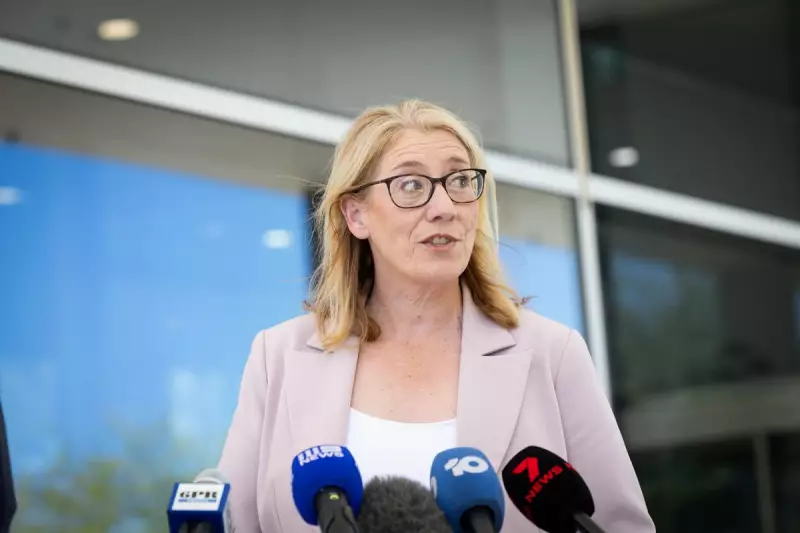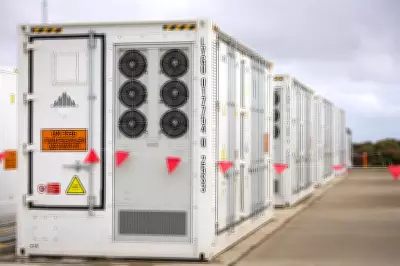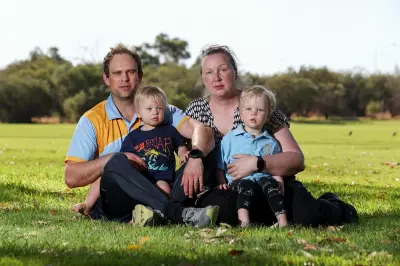
Western Australia's hard-won GST agreement, which has delivered the state billions in additional funding, now faces an uncertain future as the federal government prepares to review the landmark deal.
The GST Deal That Transformed WA's Finances
For years, Western Australia fought what became known as the "GST wars," arguing the existing distribution system was fundamentally unfair to the resource-rich state. The breakthrough came in 2018 when then-Prime Minister Scott Morrison announced a new GST distribution formula that would ensure no state received less than 70 cents for every dollar of GST it generated.
The current arrangement, which guarantees WA a minimum 70-cent return and is bolstered by Commonwealth top-up payments, has proven extraordinarily beneficial for the state. Western Australia has received approximately $40 billion in additional GST revenue under this agreement compared to what it would have received under the previous system.
The Looming Review and Its Potential Consequences
The deal established a review mechanism scheduled for 2029-30, but recent developments suggest this examination could occur sooner. The federal government has indicated it may bring forward the review process, raising concerns in Western Australia about potential changes to the arrangement.
At the heart of the debate lies WA's treatment of mining royalties. Critics argue that because WA excludes royalty income from its GST calculations, the state gains an unfair advantage. This accounting method has allowed WA to maintain its GST share while benefiting from substantial mining revenue, creating tension with eastern states that receive less GST funding.
Federal Treasurer Jim Chalmers has acknowledged the sensitivity of the issue, stating that any changes would need to balance fairness for Western Australia with the interests of other states and territories.
What's at Stake for Australia's Economic Powerhouse
The potential revision of the GST agreement carries significant implications for Western Australia's economy and budgetary planning. The state government has built its financial strategy around the certainty provided by the current deal, funding major infrastructure projects and public services with the guaranteed GST revenue.
WA Treasurer Rita Saffioti has been vocal in defending the arrangement, arguing that the state contributes disproportionately to national prosperity through its mining and resources sector. The iron ore industry alone generates substantial export revenue that benefits the entire Australian economy.
As the review approaches, political leaders from all sides are positioning themselves for what promises to be a complex negotiation. The outcome will not only determine Western Australia's financial future but could reshape fiscal federalism in Australia for decades to come.
With billions of dollars in annual funding hanging in the balance, the GST review represents one of the most significant economic policy challenges facing both state and federal governments. The resolution will test the balance between rewarding economic success and ensuring fair distribution of national wealth across all Australian states and territories.





